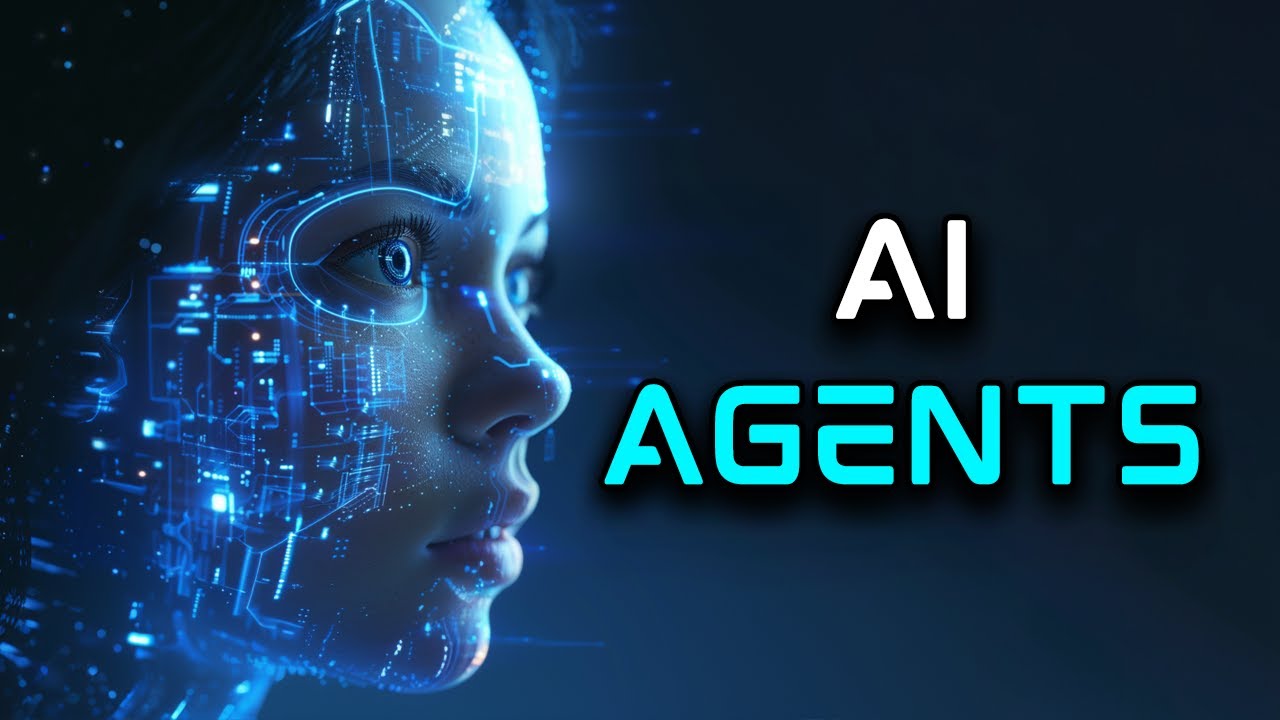2025 has brought with it an alarming surge of enthusiasm for AI agents, with major players like Nvidia’s CEO, Jensen Huang, calling 2025 the year for AI’s true revolution.
This growing fascination paints AI agents as the future of innovation in industries, from finance to healthcare. However, a closer look at the facts reveals that AI agents may not be all they’re cracked up to be—and blindly following the hype is, in fact, dangerous.
What Are AI Agents?
AI agents are systems designed to carry out autonomous tasks or make decisions based on data and predefined objectives.
Though they seem to promise immense potential, especially in fields such as cryptocurrency, trading, and machine learning, the reality is more complex.
As the years go by, AI’s abilities remain limited by various technological, ethical, and infrastructural challenges.
The Real Challenges Behind the Hype
- Security Vulnerabilities
- AI agents, by their very nature, are built to act on data and interactions, which can introduce security risks. Whether it’s the unpredictability of multi-step tasks or interactions with potentially unreliable external systems, security gaps persist. Many fear that malicious parties could exploit AI agents, leaving organizations exposed to cyber risks.
- Scalability Issues
- Despite AI’s promising potential, the current infrastructure is far from optimized to manage the computing needs these systems demand. The computational load required for managing these agents is high, potentially making it unsustainable. Major AI companies are continually racing to improve hardware capabilities—yet even in 2025, solutions that efficiently scale AI remain elusive. This calls into question how much AI agents can be implemented broadly across industries.
- Fragmentation in the AI Ecosystem
- The AI industry remains fragmented with countless companies and researchers trying to carve their niches. From NVIDIA to OpenAI, everyone is racing towards an “AI Agent” breakthrough—but without a unified framework, adoption is slow. The disjointed nature of the AI field complicates seamless integration into everyday tasks, and as a result, AI agents often struggle to find reliable implementation.
- The Overhyped Promise
- Let’s face it—there’s been a massive amount of hype surrounding AI agents, largely thanks to promising headlines. However, most current solutions are still experimental. Even those who have successfully adopted AI-driven portfolio management, such as Qraft Technologies, face limited success. These AI-powered exchange-traded funds, although growing in popularity, still haven’t shown sustainable, industry-changing results.
In short, AI’s perceived ‘superintelligence’ remains a long way from reality. It’s easy to get carried away with sensational claims, but their applications are far from the perfection depicted in popular media. The truth is that it will take years, if not decades, for AI to fully live up to the extreme promises that are driving its development.
What’s Holding Back AI Agents?
- Security Risks: The very thing that makes AI agents powerful—autonomy—is also their downfall. If they lack effective monitoring mechanisms, they can harm, intentionally or unintentionally.
- Energy Demands: As AI models grow more sophisticated, so does their energy consumption. Many businesses are starting to realize that sustainable AI practices will be difficult to implement if our infrastructure doesn’t catch up.
- Bias and Ethics: AI agents can unintentionally reinforce biases found in the data they train on, leading to decision-making systems that aren’t just flawed but also dangerous when deployed in high-stakes environments like law enforcement and finance.
The Future: The AI Agent Road Ahead
Despite these considerable flaws, AI agents do have a bright future—eventually. However, expecting them to perform miracles in the near term is wishful thinking.
Future improvements will likely come from increased regulation, deeper research into AI ethics, and substantial investment in more energy-efficient hardware solutions.
These breakthroughs will take time, meaning those quick to bet on AI agents are risking being left behind by their optimism.
Conclusion
There’s no denying AI’s potential, but the current wave of AI agent hype is being overblown. While the technology will evolve and create opportunities, claiming AI agents are already revolutionizing industries is premature. Don’t get caught up in the noise; be critical, wait for tangible results, and don’t buy into the notion that AI will “fix everything” in 2025.
Remember: there’s a huge difference between hype and substance. When it comes to AI agents, don’t be the one who believes all the false promises, simply because it’s fashionable. For more Artifici-related information check the internetverizons.
